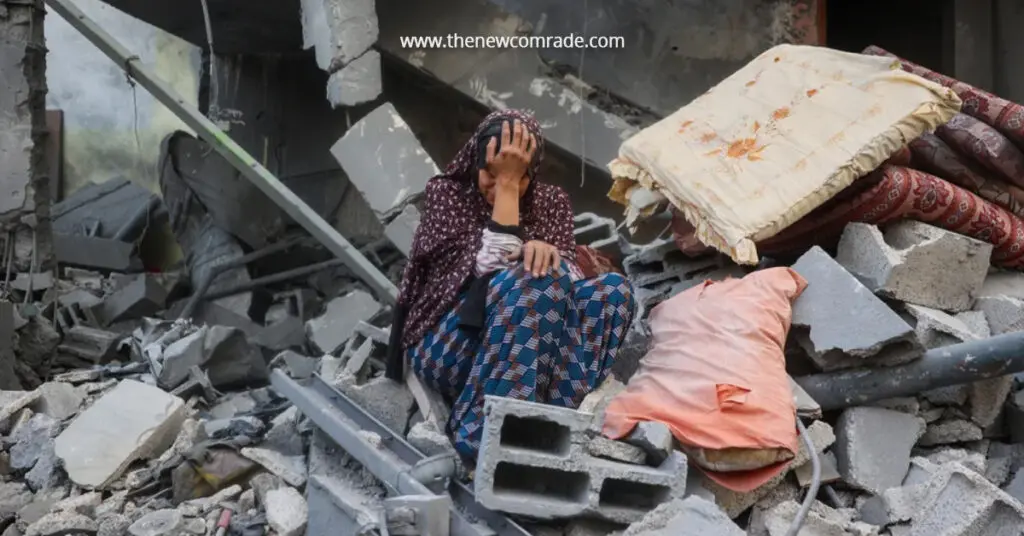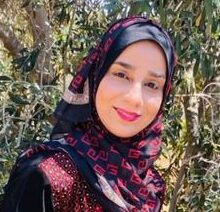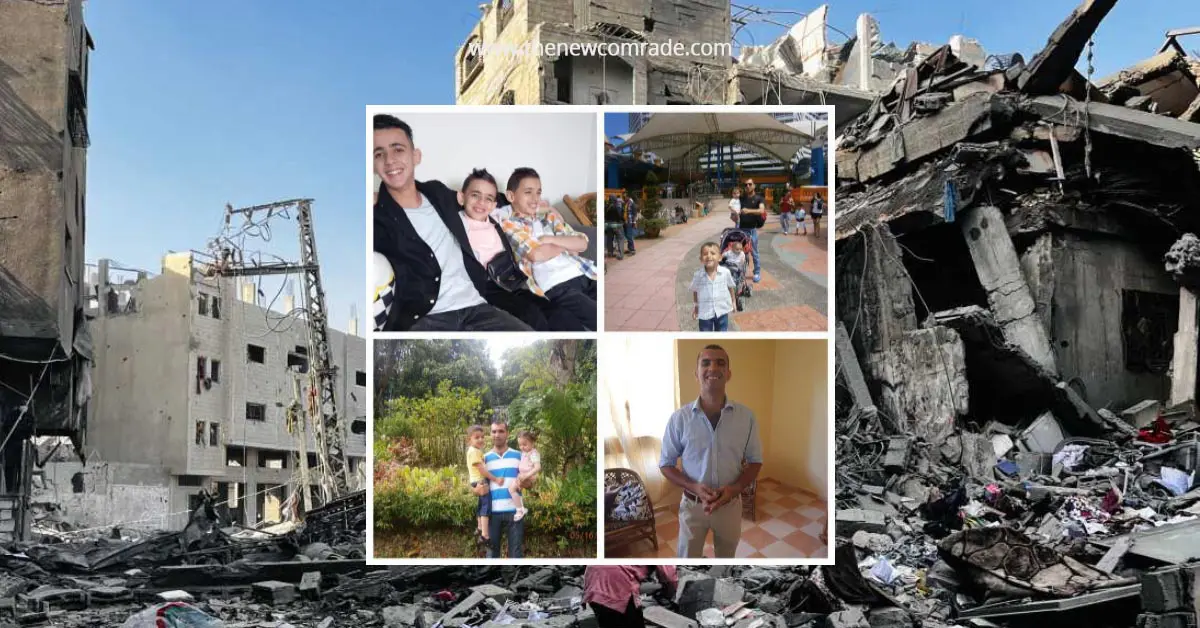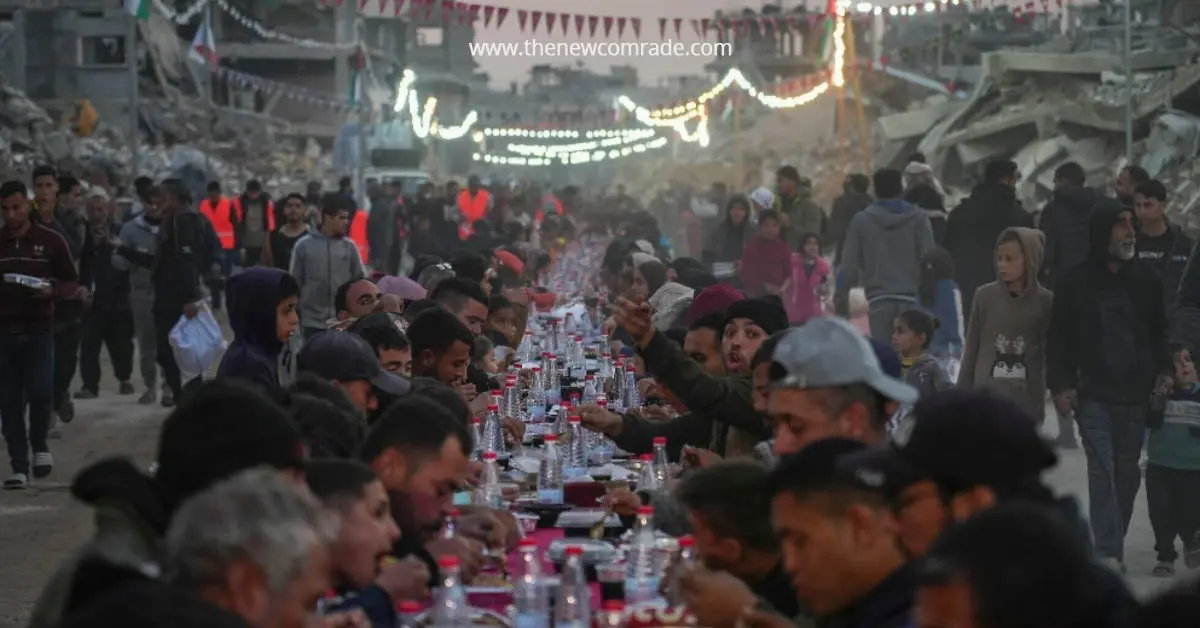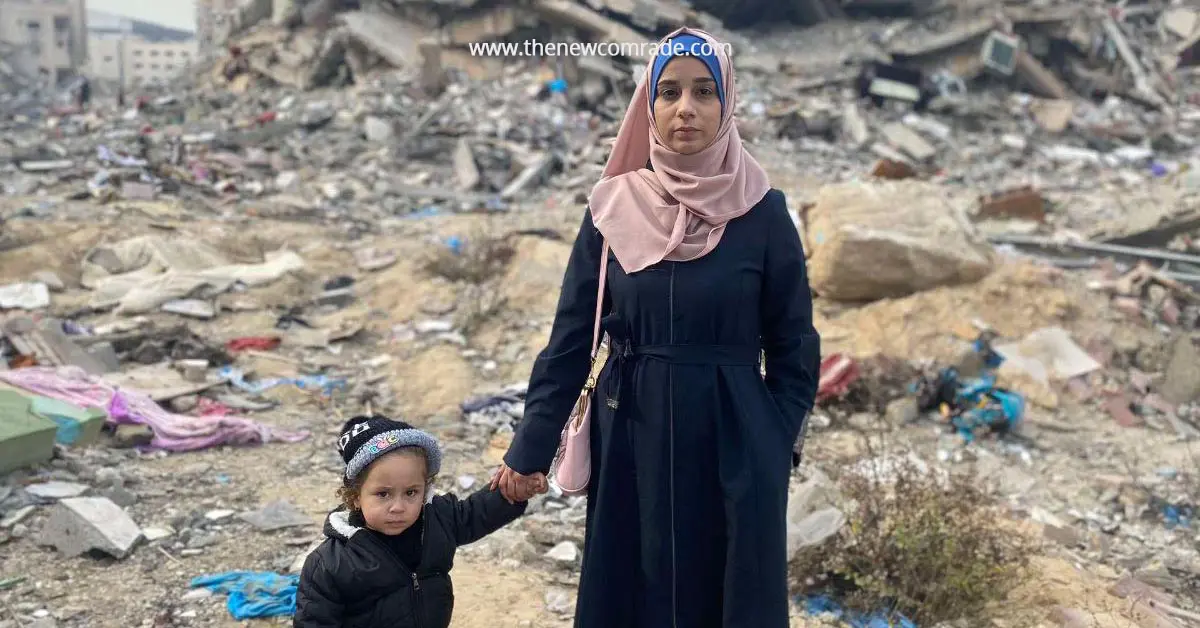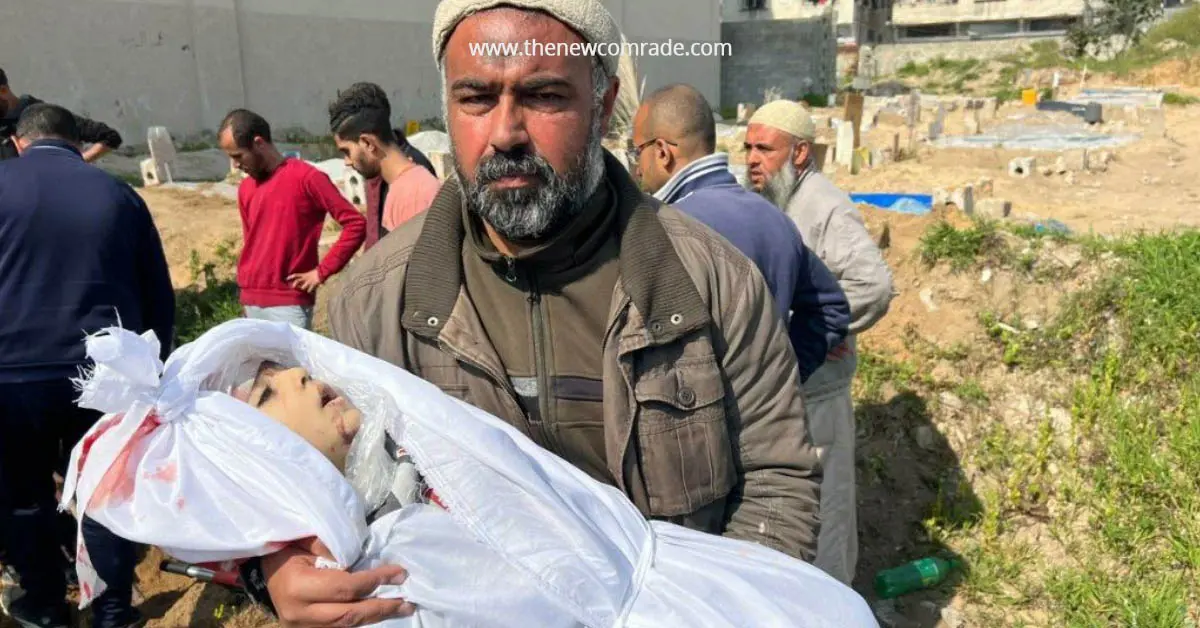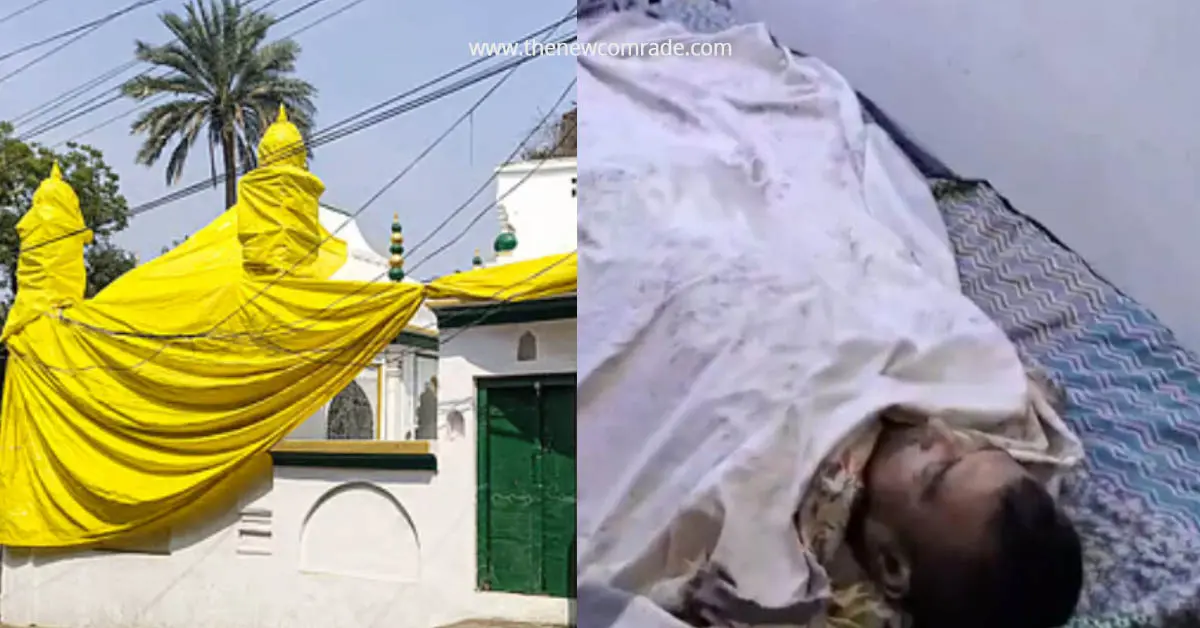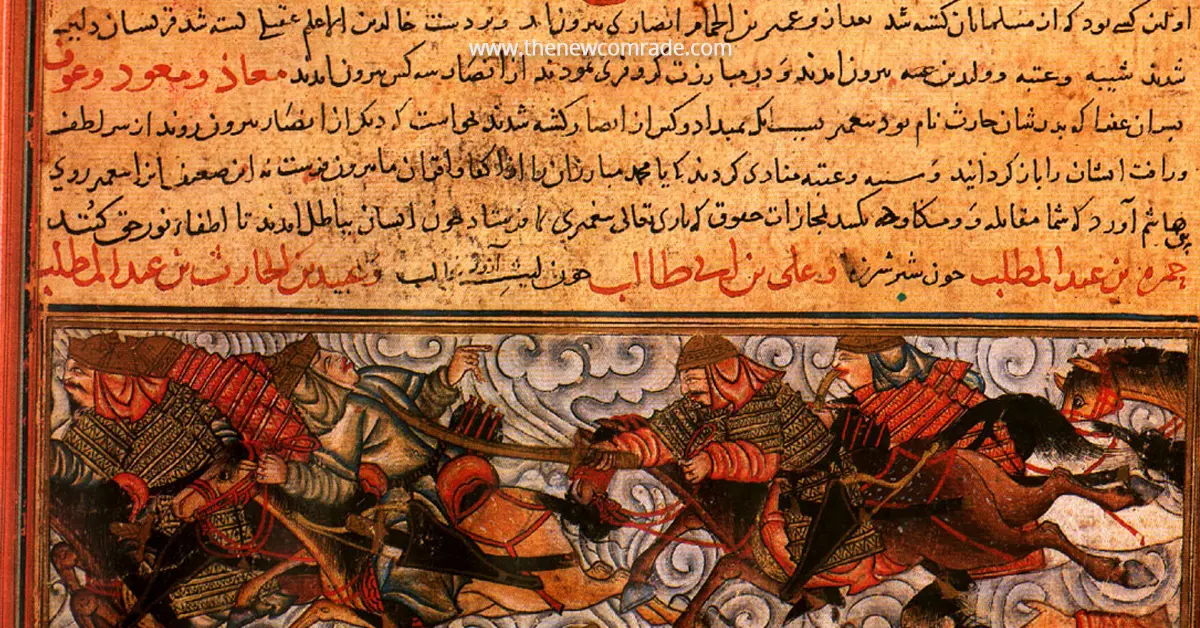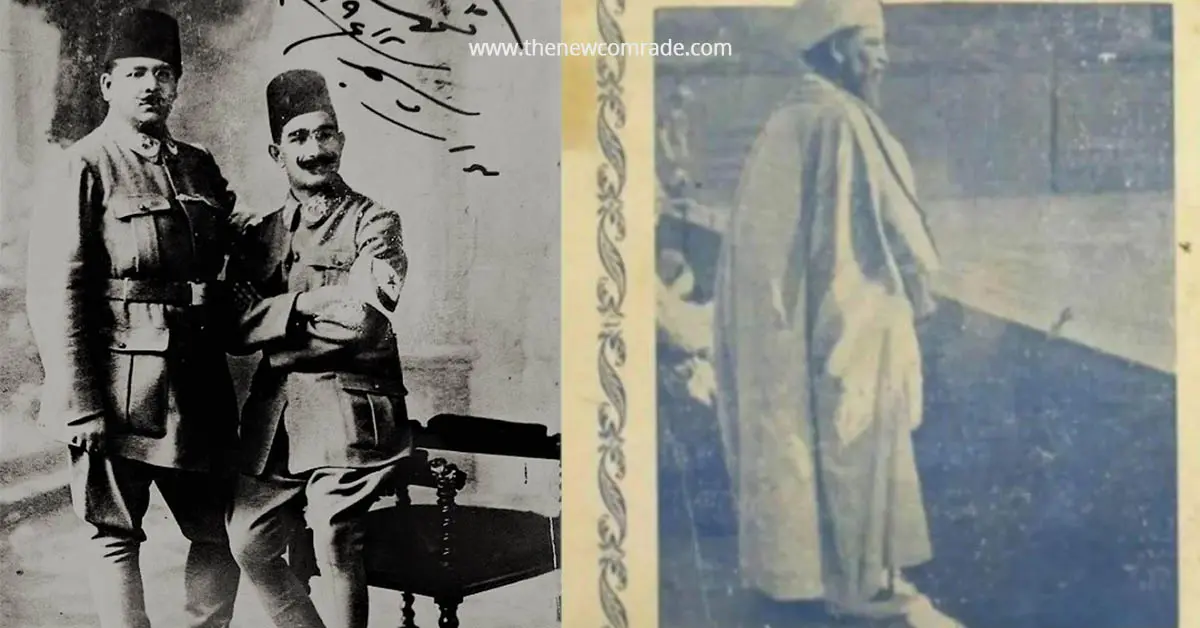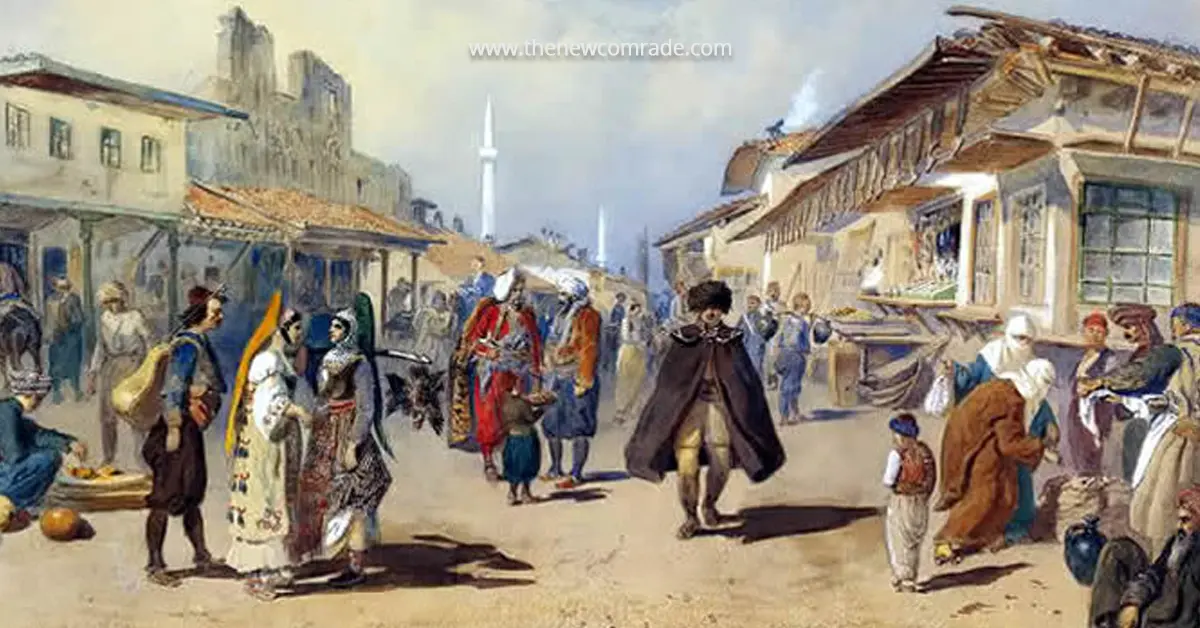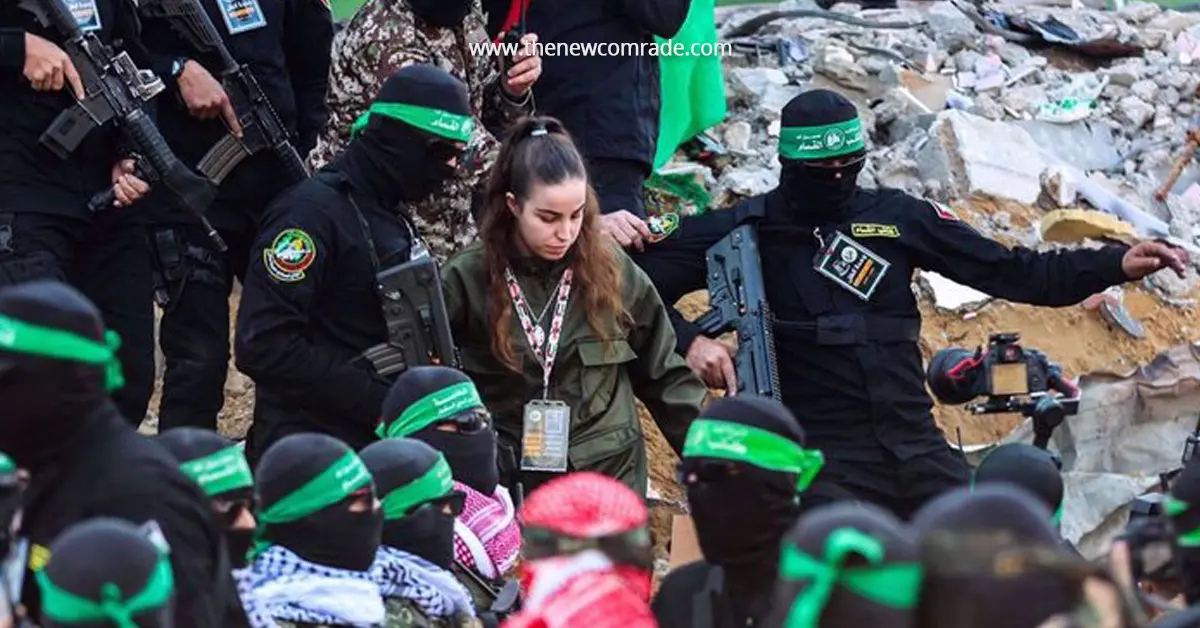In the heart of Gaza, where war had become a recurring chapter in the lives of people, al-Aqsa Storm was the harbinger of a new wave of grief. Among the most profoundly affected were women who were widowed — abruptly left to navigate the devastation of war while carrying the weight of survival for their families. These women, now the sole pillars of their homes, not only mourn their husbands but also face daily struggles of raising children, securing food, and preserving dignity amid siege, destruction, and loss. Their stories reveal a deep reservoir of resilience, pain, and unwavering strength in the face of unimaginable tragedy.
Lives shattered in seconds
For many women, the war’s devastation was way too abrupt and dramatic. In neighbourhoods across northern Gaza, airstrikes flattened entire buildings, often with families inside. The loss was not only physical—it severed the very foundations of family life.
Um Fuad Zebda, 48 years old, is one of many women whose lives were torn apart in a single moment. Her husband, along with nine other members of her family, was killed when a Zionist airstrike hit their home in March 2024. “One moment we were preparing Iftar, the next I was searching for members of my family under the rubble,” she said. Her story echoes the heartbreak of countless others who watched their homes and families vanish in a flash. Um Fuad shares the harrowing details of losing her husband and nine members of her family during the current war, when Zionist warplanes bombed the residential building she was living in — not once, but twice.
Night of terror – March 18, 2024
“We woke up at 2:00 a.m. to the deafening sound of gunfire and relentless explosions that did not stop for a single second until 8:00 a.m.,” Um Fuad recalls. That night marked the beginning of a brutal ground invasion by Zionist occupation forces targeting Al-Shifa Medical Complex in Gaza. Since the situation outside was extremely dangerous, Um Fuad and her family were trapped inside their home, unable to flee to a safer place. Zionist occupation tanks surrounded the area, and warplanes fired missiles at nearby homes, including theirs. They sought refuge in the lower floors of the building with her sister, enduring a night of fear and hunger. It was Ramadan, and they could not even have suhoor, (pre-dawn meal). “We were frozen in fear, unable to do anything,” she said. The following day, exhausted from the sleepless night and the chaos outside, Um Fuad attempted to return to her own apartment to rest. But an unshakable sense of anxiety overwhelmed her. “I did not know what was making me feel so uneasy.”
Moments before the tragedy
As Maghreb (evening) prayer approached, they prepared a simple Iftar. Her son Mahmoud insisted on helping carry the food and said he wanted to break his fast with her that day. She then went to her husband, who was sitting with Abu As’ad el Shawi – her daughter’s father-in-law, and called them for the food. Food supplies in northern Gaza were critically low due to the siege, and every meal was a challenge to prepare. As she returned downstairs, she found her nephew Hamza baking bread using firewood. Another nephew, Anas, stood nearby and said he was craving “Qatayef”, a popular sweet. “I promised it to him as soon as we had sugar and semolina.”
Bombing

About an hour prior to Azan, a sudden and violent explosion shook the area. “We immediately knew our building had been targeted,” she said. Hamza and Anas rushed upstairs to check on others. Smoke filled the staircase. Um Fuad tried to follow, but could not go further because of the thick smoke. She went back downstairs. Moments later, a second missile struck the same place. “My sister screamed – ‘My sons are dead!” When dust settled, Um Fuad made her way upstairs. There, she found Abu As’ad at the doorway, barely clinging to life. A few steps further, she stumbled upon a dismembered body—she recognized it as Anas by his shirt. Nearby lay Hamza severely burned but still breathing. Beside him was her husband, Abu Fuad—lifeless, with both legs severed. She held his face just as her youngest son, Mohammed—deeply attached to his father—ran in, lifted his father’s head and cried, “Do not die, father! Please do not leave me!”
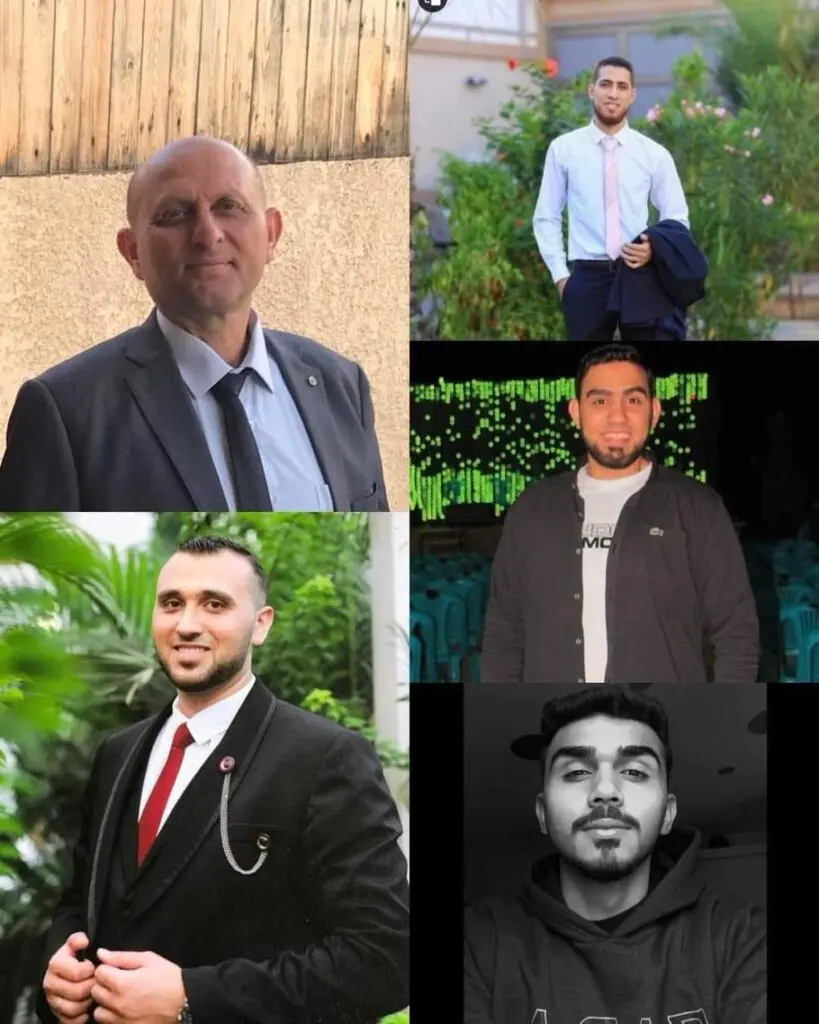
Then came the most heartbreaking discovery. She called out for Mahmoud, her son who had insisted on helping her carry the food. She found him near the impact site, lying on the ground — decapitated.
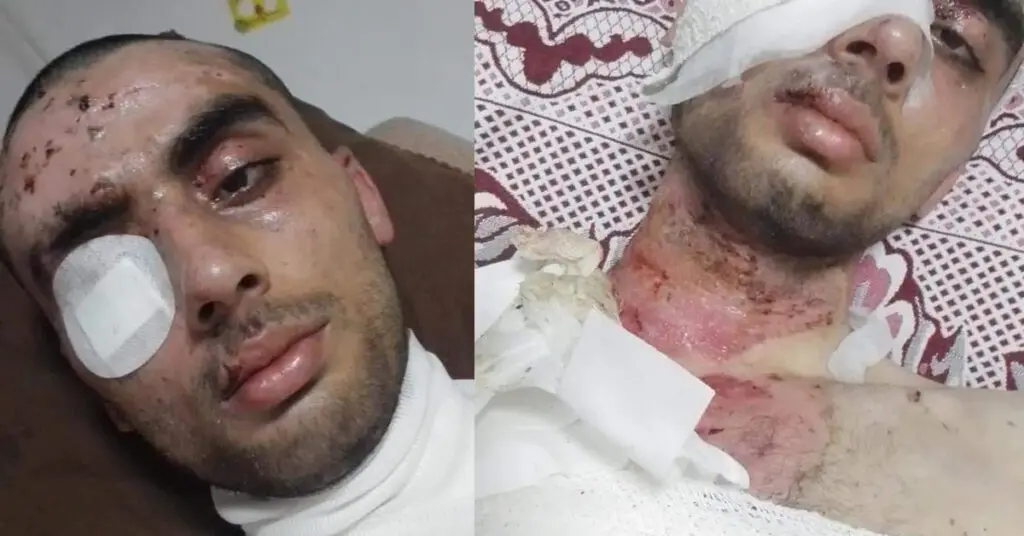
A never-ending tragedy
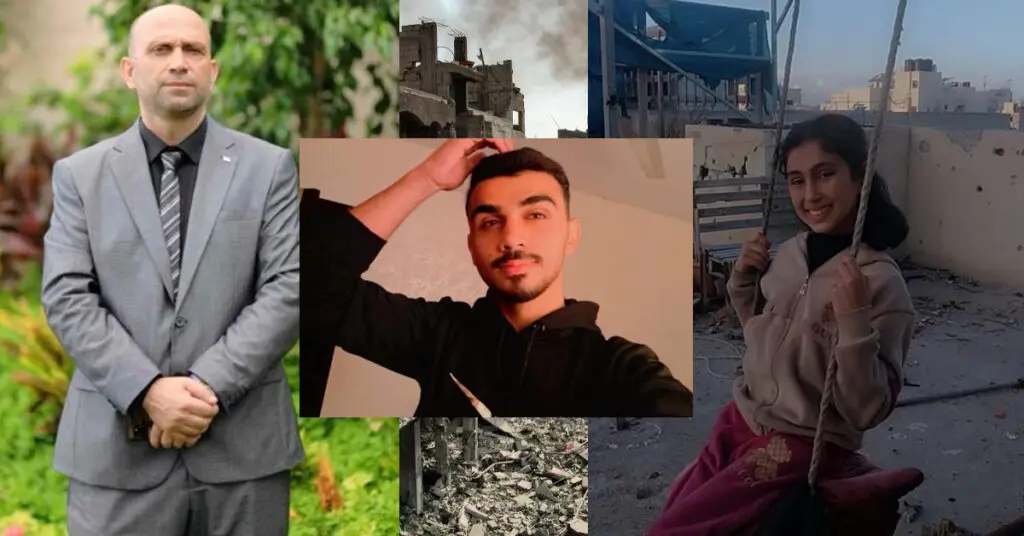
They fled the area under heavy drone fire and reached Baptist Hospital, where Hamza received medical care. The tragedy did not end there. Eight months after the first attack, another Zionist airstrike targeted their home, killing Um Fuad’s sister, her husband, her niece and Hamza, who had survived the first strike.
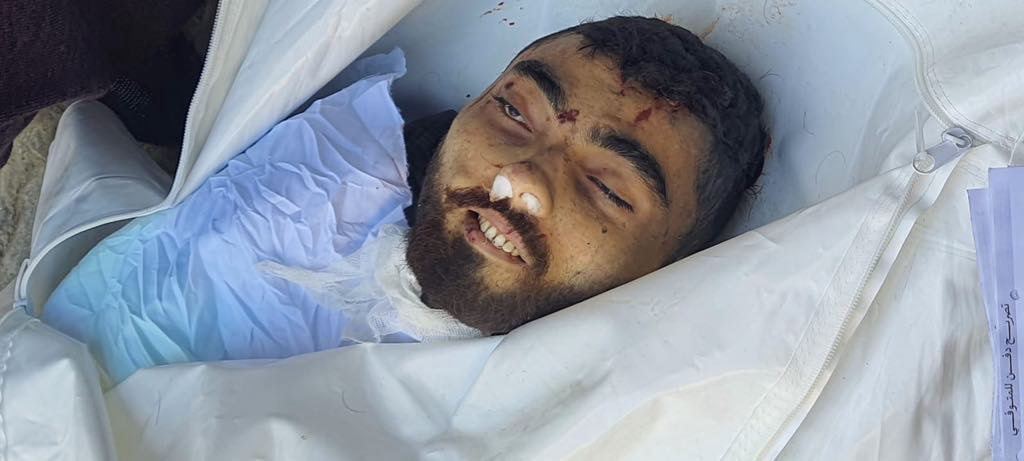
Forced to new roles
Gaza’s widows were thrust to new roles overnight. Providers, protectors, and caregivers — all at once. Many widows face the impossible task of caring for children in a war zone with no income, limited aid, and constant danger.
Some, like Um Fuad, have turned to underground networks of community support to share food, medicine, and emotional comfort. “We do not have a choice,” she said. “The men are gone, and now we are the frontline.”
Um Fuad is now the sole caregiver for what remains of her shattered family — her two daughters, Farah and Lina, her young son Mohammed, and two nephews who were orphaned after losing both their parents. Like many widows across Gaza, she bears the weight of multiple roles: mother, aunt, guardian, and survivor in a city scarred by war.
“I no longer grieve in silence,” she says. “I have children who still need to live, to grow. My pain is now part of my strength.”
This is the story of one family among thousands in Gaza—of unbearable loss, of resilience in the face of unimaginable pain, and of lives shattered by war. Ministry of Social Affairs in Gaza estimates that over 10,000 women have been widowed since the beginning of the Al-Aqsa Storm War. Many of them have multiple children, no income, and limited access to basic services. The psychological toll is immense. Trauma therapy is nearly non-existent. International aid trickles in, but never at the pace or scale needed.
Human rights organisations have warned that the crisis facing Gaza’s widows is a crisis within a crisis. “These women are navigating a warzone while parenting alone,” said a spokesperson from a regional aid agency. “They are not just survivors—they are frontline humanitarians.”
Disclaimer: The opinions expressed in this article are solely the author’s and do not neccessarily reflect the opinions or beliefs of the website and its affiliates.
